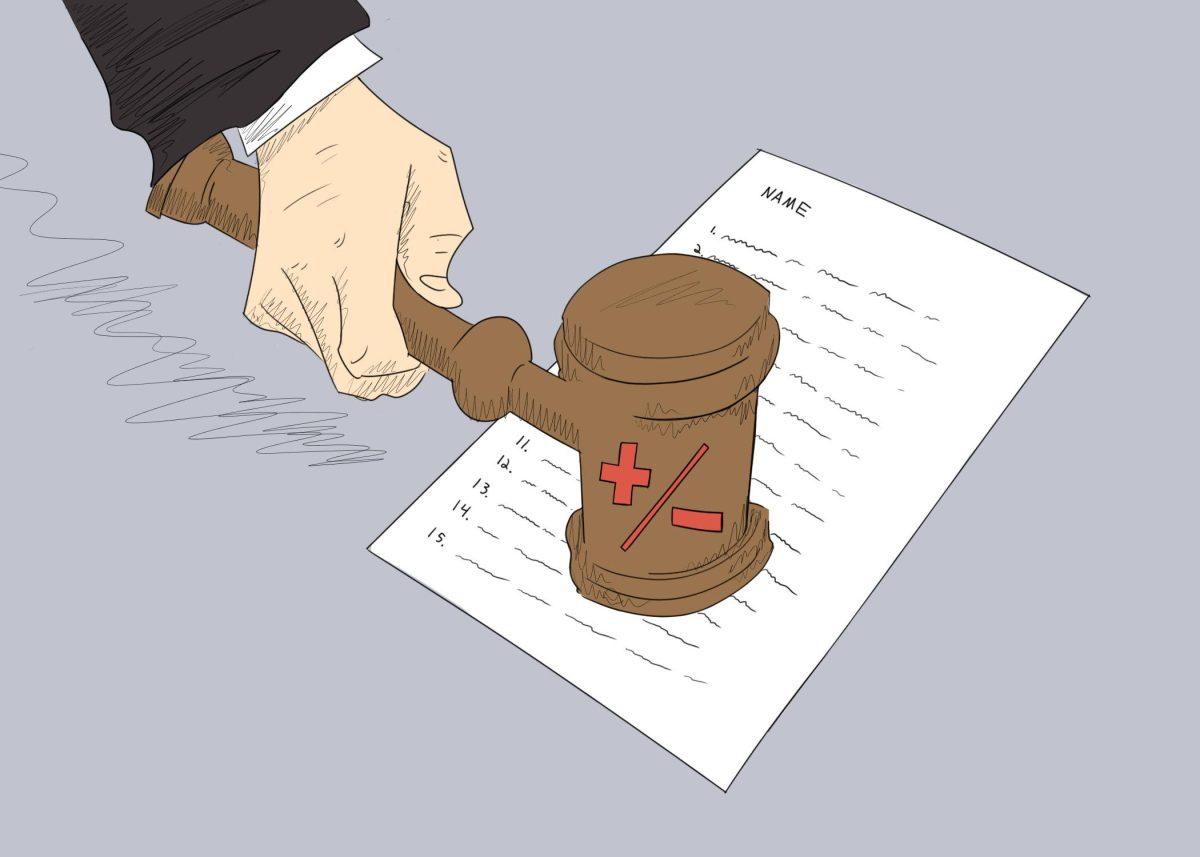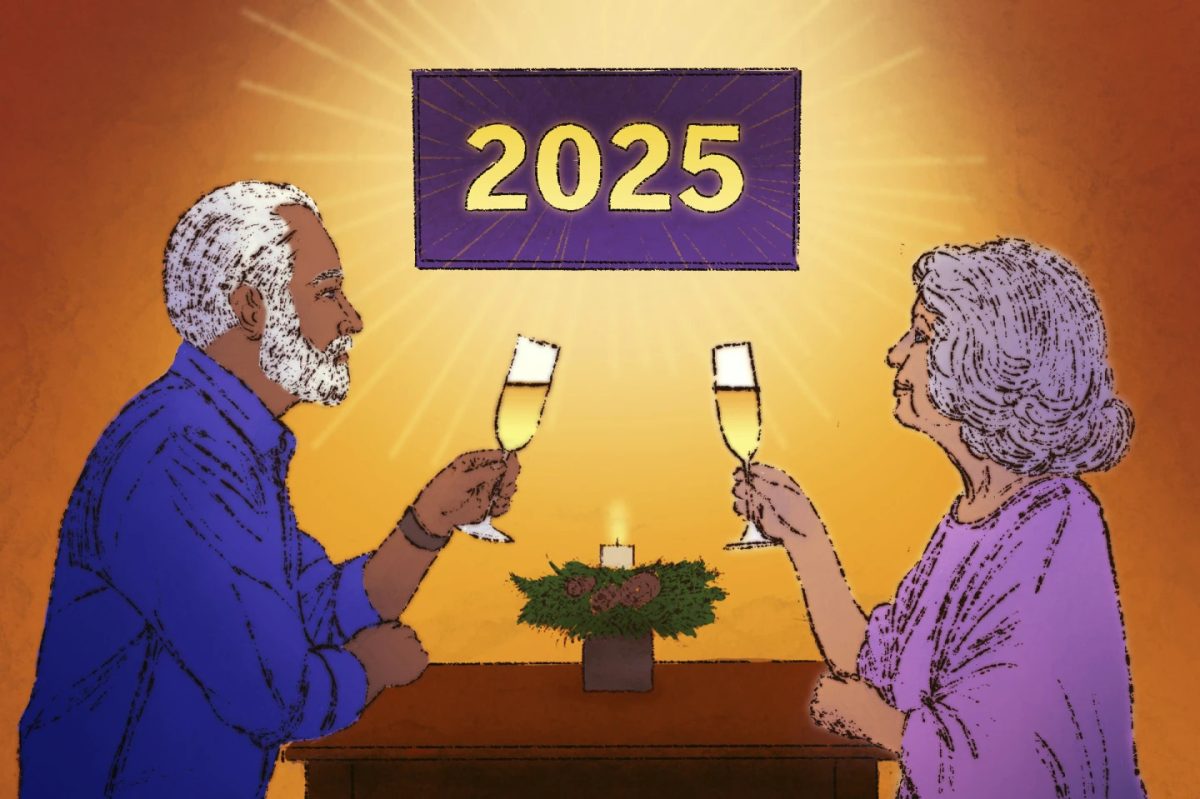In the 2015 fall semester, the University implemented the plus-minus grading system with the intention of more accurately representing students’ grades. This only put more academic pressure on them.
The reasoning was, “This grading change is consistent with current standards in the majority of LSU peer universities and provides greater resolution in the assignment of student letter grades to accurately reflect the student’s overall performance in a course,” according to the system’s frequently-asked questions page.
I’m not sure how accurate the University wants grades to be, but the plus-minus system isn’t the best way to reflect it.
The implementation of the plus-minus system created a variation of the letter grades that we received in high school, each being worth more or less than the other. For example, a regular letter grade of an “A” turned into an A+, A and A-, worth 4.3, 4.0 and 3.7 quality points, respectively.
The quality point worth decreases as you go down the letter grade list. Previously, an “A” was only an A, being worth 4.0 quality points, and further on for the letter grades following.
Such a grading system sounds great for over-achievers, but it’s not even conducive for them in reality.
Eighty percent of college students feel overwhelmed by their responsibilities as a student, according to the National Alliance on Mental Illness. The plus-minus system doesn’t do anything to help that statistic. By the end of the semester, most college students just want it to be over and rightfully so. They don’t want to be wondering whether their grade is a 93 A- or a 96 A, since each has a different impact on their GPA.
Gil Reeve, vice provost for academic programs planning and review, explained how the new system helps to, “identify students who are doing very well, instead of those who barely scraped by.”
If a student scrapes by with a 90 A instead of a 97 A, that means the grade is less worthy. That’s incredibly shallow and I guarantee it doesn’t matter to most college students. Many students are mature enough to be past jealousy. Furthermore, they’re too busy to worry about the grade of the person sitting next to them in class. Students are definitely not crying over someone having a grade two points higher than theirs.
Grades are important, but shouldn’t we be focused on actually learning rather than the implications of having a three-point difference in our letter grade?
Unfortunately, with the plus-minus system, we don’t exactly have that option. When the University departed from its former grading system, a 4.0 GPA became a 3.7. That’s unfair, especially considering the way the University handled student feedback regarding the system.
On the previously mentioned FAQ, the University does acknowledge Student Government passing a resolution regarding the policy. What isn’t mentioned is the resolution did not favor the new grading system.
The opposing resolution from SG, the student-elected representatives of the student body, resulted in a 26-14 vote against the implementation of the plus-minus system. The Faculty Senate disregarded the vote and approved the policy, attempting to make the University seem more academically prestigious.
It is not an acknowledgement of a lack of effort or intelligence to question the plus-minus grading policy. How is basing an academic numerical value as important as GPA on variations of a letter grade with as little as a three point difference between them logical in any way?
Maya Stevenson is a 20-year-old English and philosophy junior from Baton Rouge, Louisiana.
Opinion: The University’s plus-minus grading system illogical, harmful to students
September 14, 2019
Plus-minus cartoon







